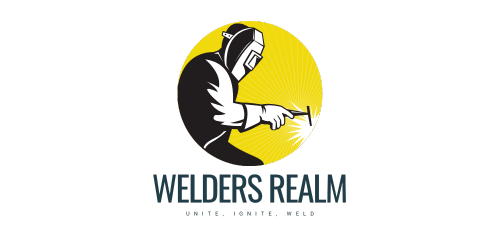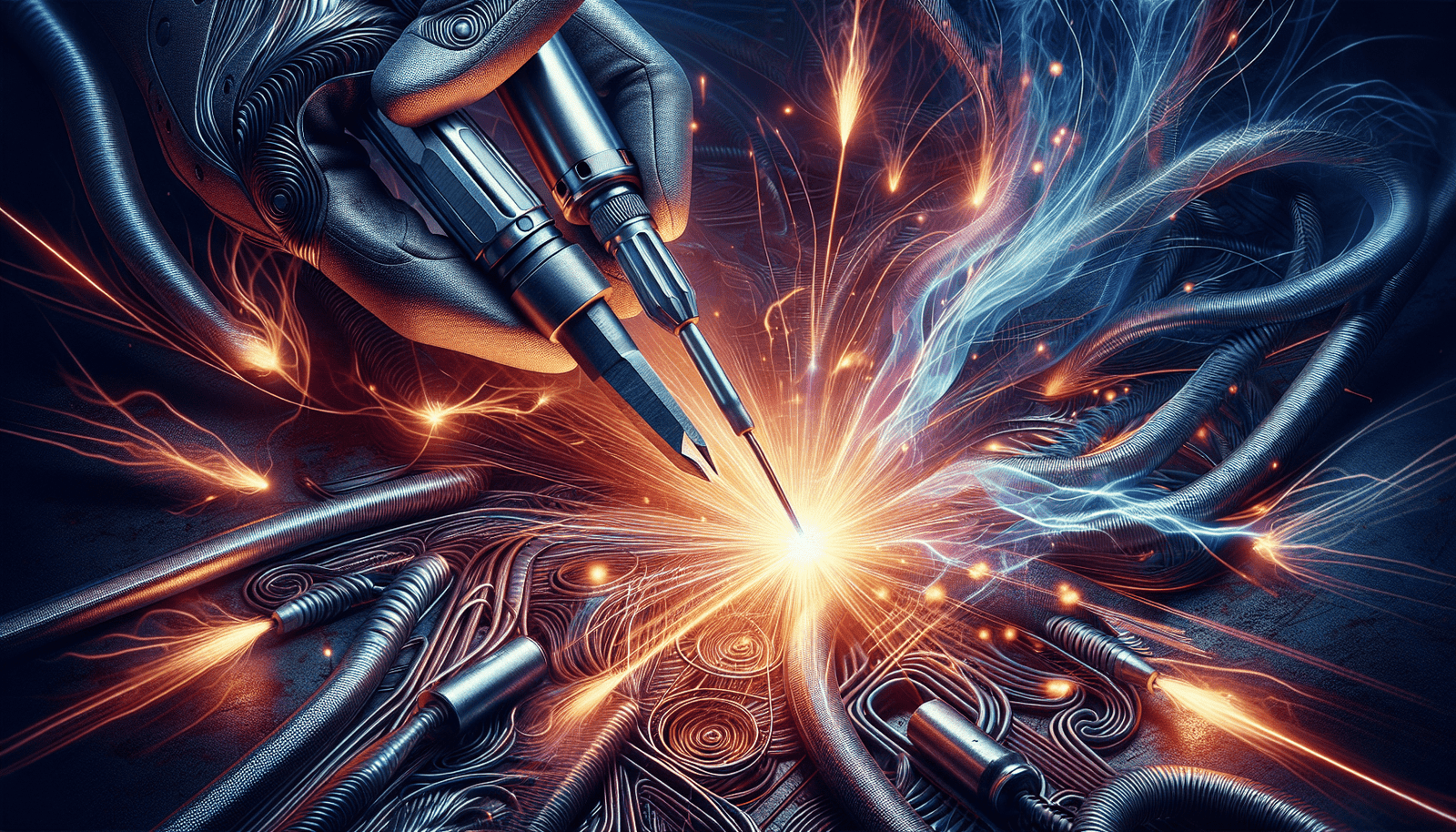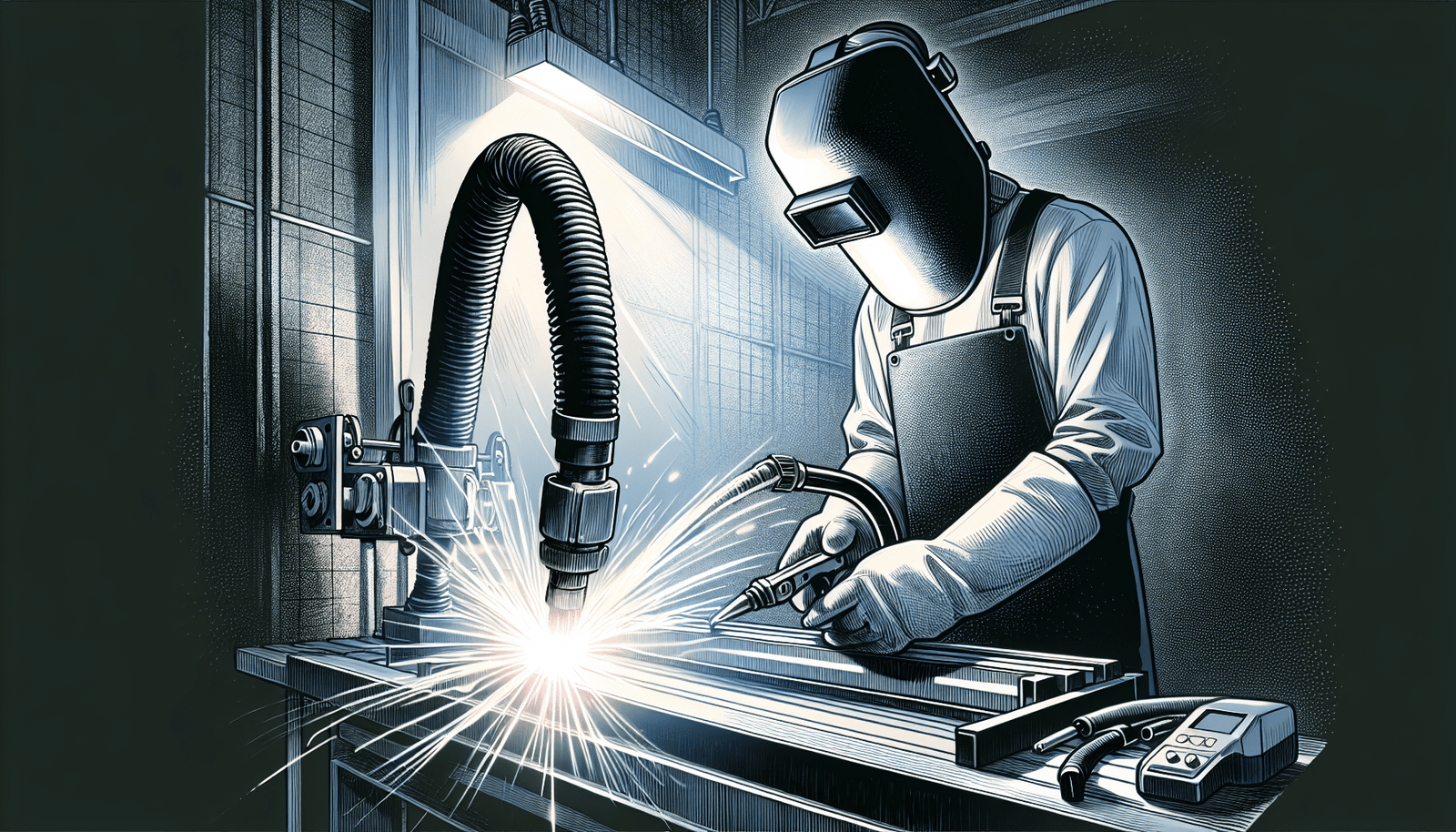When it comes to choosing welding consumables, there are a few key factors that you should consider to ensure successful welding projects. From the type of metal being welded to the specific welding process being used, these factors play a crucial role in determining the right consumables for the job. By understanding the importance of factors such as electrode type, filler metal composition, and shielding gas compatibility, you can make informed decisions that will not only enhance the quality of your welds but also improve your overall welding experience. So, let’s explore these key factors and equip you with the knowledge to choose the right welding consumables for your needs.
Understanding Welding Consumables
Welding consumables are materials that are used during the welding process to join two or more pieces of metal together. These consumables include welding electrodes, filler metals, flux, and shielding gases. They are essential elements in the welding process and play a crucial role in ensuring a strong and durable weld.
Definition of Welding Consumables
Welding consumables refer to the materials that are added to the welding joint in order to facilitate the joining of the base materials. They can be classified into two main categories: consumable electrodes and filler metals. Consumable electrodes are used in arc welding processes, while filler metals are used in both arc welding and oxy-fuel welding processes.
Types of Welding Consumables
There are various types of welding consumables available, each designed for specific welding processes and applications. Some common types of welding consumables include:
Welding electrodes: These are metal rods coated with a flux material that melts during the welding process to provide protection against atmospheric contamination.
Filler metals: These are used to fill the gap between the joint of the base materials and provide additional strength to the weld.
Flux: Flux helps in removing impurities, preventing oxidation, and improving the quality of the weld.
Shielding gases: In processes such as gas metal arc welding (GMAW) and gas tungsten arc welding (GTAW), shielding gases are used to protect the weld pool from atmospheric contamination.
Roles and Functions of Welding Consumables
Welding consumables serve several important roles and functions during the welding process. Some of these include:
Providing electrical conductivity: Consumable electrodes allow for the transfer of electric current from the power source to the welding joint.
Creating a protective atmosphere: Flux and shielding gases form a protective barrier around the weld, preventing atmospheric gases from contaminating the weld pool.
Controlling the weld pool: Welding consumables, such as filler metals, help control the flow and shape of the molten weld pool, ensuring a proper fusion between the base materials.
Improving the mechanical properties of the weld: The choice of welding consumables can greatly affect the strength, toughness, and corrosion resistance of the final weld.
Material to be Welded
The choice of welding consumables is influenced by the type of material being welded. Different materials require specific consumables to ensure a successful weld. Some considerations when selecting consumables based on the material include:
Different Materials and Their Specific Welding Consumables
Steel, stainless steel, aluminum, and copper are some of the common materials used in welding. Each of these materials requires specific welding consumables to achieve the desired weld quality. For example, carbon steel typically requires consumables with a higher tensile strength and low hydrogen content, while stainless steel requires consumables with higher chromium and nickel content.
Influence of Material Thickness on the Choice of Welding Consumables
The thickness of the material being welded also impacts the choice of welding consumables. Thicker materials require consumables with higher deposition rates and greater penetration capabilities. Conversely, thinner materials may require consumables with lower heat inputs to prevent distortion and burn-through.
Implications of the Chemical Composition of the Material on Welding Consumables
The chemical composition of the materials being welded can affect the selection of welding consumables. Different alloying elements present in the base materials may require specific consumables to achieve a compatible weld. Understanding the chemical composition of the material is crucial in choosing appropriate consumables to ensure a sound weld joint.
Welding Position
The welding position, or the orientation of the weld joint, also plays a significant role in the selection of welding consumables. Different welding positions require different consumables to achieve optimal results. Considerations when choosing consumables based on welding position include:
Importance of Welding Position in Choosing Consumables
The welding position can greatly impact the performance and quality of the weld. Factors such as gravity, access to the joint, and the direction of the weld can influence the choice of consumables. It is essential to select consumables that can provide proper penetration, control weld bead shape, and withstand the forces acting on the weld joint.
Best Consumables for Different Welding Positions
For flat position welding, consumables with good slag control and high deposition rates are preferred. Vertical position welding may require consumables with a more fluid slag to prevent slag entrapment. Overhead position welding often requires consumables with high resistance to gravity, fast solidification rates, and low spatter levels. Horizontal position welding may require consumables with good sidewall control and low spatter.
Type of Welding Process
Different welding processes require specific consumables to achieve optimal results. The choice of welding consumables depends on the welding process being used. Considerations when selecting consumables based on the welding process include:
Different Welding Processes and Their Matching Consumables
Various welding processes, such as shielded metal arc welding (SMAW), gas metal arc welding (GMAW), and flux-cored arc welding (FCAW), have specific consumables designed to work best with each process. SMAW typically uses consumable electrodes, while GMAW and FCAW utilize filler metals and shielding gases.
Impact of the Welding Process on the Efficiency of the Consumables
Different welding processes have varying efficiency levels when it comes to consumable utilization. Some processes may have higher deposition rates, while others may have a higher deposition efficiency. Understanding the efficiency of the consumables in relation to the welding process can help optimize productivity and reduce costs.
Welding Application
Different industries and applications have specific requirements when it comes to welding. Choosing the right welding consumables for a particular application is crucial to ensure the desired results. Considerations when selecting consumables based on welding application include:
Industrial Applications and Their Specific Consumables
Industries such as construction, automotive, aerospace, and oil and gas have specific welding applications that require different consumables. For example, the automotive industry often requires consumables with excellent corrosion resistance, while the aerospace industry may require consumables with high strength and heat-resistant properties.
Choosing Consumables for Repair and Maintenance Welding
Repair and maintenance welding often involve the joining of dissimilar materials or the repair of worn-out components. These applications require consumables that can provide good bonding strength and compatibility with the existing materials. Selecting the appropriate consumables for repair and maintenance welding is essential to ensure the longevity and reliability of the repaired components.
Cost and Availability
The cost-effectiveness and availability of welding consumables are important factors to consider when making a selection. Considerations when evaluating cost and availability include:
Cost-Effectiveness of Various Welding Consumables
Different welding consumables vary in terms of cost. Factors such as the type of material, the welding process, and the application can influence the cost of consumables. It is important to strike a balance between cost and performance to ensure that the chosen consumables meet the required standards without exceeding the budget.
Considering the Availability of Consumables in Your Location
The availability of welding consumables can vary depending on the location. Some consumables may be readily available, while others may need to be sourced from different suppliers. It is important to consider the availability of consumables in your location to avoid delays in the welding process and ensure timely completion of projects.
Job Specifications and Codes
Different welding jobs may have specific specifications and codes that need to be followed. These specifications and codes play a crucial role in determining the selection of welding consumables. Considerations when evaluating job specifications and codes include:
Influence of Job Specifications on Consumable Selection
Job specifications outline the specific requirements for the welding project. These can include parameters such as the required welding process, material type, welding position, and performance criteria. Adhering to the job specifications is essential in ensuring compliance and achieving the desired weld quality.
Understanding Welding Codes and Their Implications on Choosing Consumables
Welding codes provide guidelines for welding practices and standards. These codes specify the acceptable welding procedures, consumables, and inspection criteria for various applications. Understanding the applicable welding codes is crucial in selecting consumables that meet the required standards and comply with industry regulations.
Welding Machine Compatibility
The type of welding machine being used can affect the choice of welding consumables. Considerations when evaluating welding machine compatibility include:
Choice of Consumables Based on the Type of Welding Machine
Different welding machines, such as arc welders, MIG welders, and TIG welders, may require specific consumables to operate effectively. Understanding the compatibility and requirements of the welding machine is important in choosing consumables that can work seamlessly with the equipment.
Incompatibility Issues Between Welding Machines and Consumables
Using incompatible consumables with a welding machine can result in decreased performance, increased spatter, and other welding defects. It is important to ensure that the chosen consumables are compatible with the welding machine to achieve optimal results and prevent equipment damage.
Operator Skill Level
The skill level of the welder can also influence the choice of welding consumables. Considerations when selecting consumables based on the operator skill level include:
Impact of Welder’s Skills on the Choice of Welding Consumables
Different consumables have varying ease of use and require different levels of skill to achieve desired results. For beginner welders, consumables with good arc stability and forgiving characteristics may be more suitable. Professional welders with advanced skills may require consumables with higher performance specifications to meet their precise welding needs.
How to Choose Consumables for Beginner and Professional Welders
For beginner welders, it is important to choose consumables that are easy to handle and forgiving of minor errors. Consumables with stable arcs and minimal spatter can help beginners gain confidence and improve their skills. Professional welders, on the other hand, may require consumables with specific performance characteristics tailored to their specific applications and welding techniques.
Performance of Consumables
The performance of welding consumables is influenced by various factors. Evaluating and comparing the performance of different consumables can help in selecting the most suitable ones. Considerations when evaluating consumable performance include:
Comparison of Different Welding Consumables Based on Performance
Different consumables have varying performance characteristics, such as deposition rates, weld profile, and mechanical properties. Comparing the performance of consumables through testing and evaluation can help determine which ones are best suited for a particular application.
Factors Influencing the Performance of Welding Consumables
Several factors can influence the performance of welding consumables, including the material being welded, welding parameters, and environmental conditions. Understanding these factors and their impact on performance can help in selecting consumables that can deliver the desired results consistently.
In conclusion, choosing the right welding consumables is crucial for achieving high-quality welds. Factors such as the material being welded, welding position, welding process, application, cost, and availability should all be taken into consideration when making consumable selections. Additionally, understanding job specifications, welding codes, machine compatibility, operator skill level, and the performance of various consumables can further aid in making informed decisions. By considering these key factors, you can ensure that your welding projects are successful and meet the required standards.




